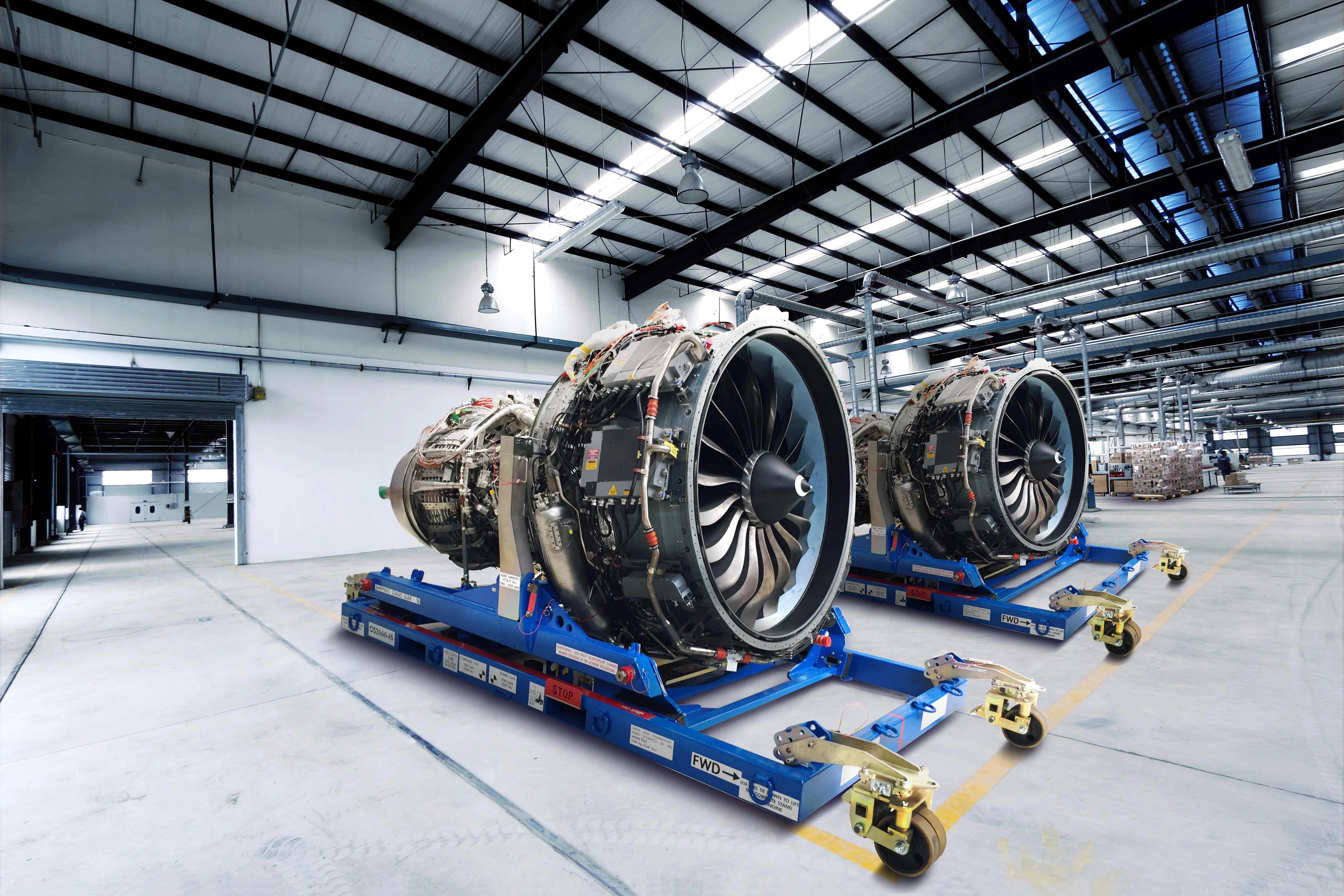Cyber Insurance for Aerospace Component Manufacturers: Comprehensive Risk Management in the Digital Age
Introduction: The Critical Intersection of Cyber Risk and Aerospace Manufacturing
In an era of increasing digital complexity, aerospace component manufacturers face unprecedented cyber risks that can compromise not just data, but potentially human lives. This comprehensive guide explores the intricate world of cyber insurance tailored specifically for aerospace component manufacturers, providing insights into risk management, coverage strategies, and critical protection mechanisms.
Understanding Cyber Risks in Aerospace Component Manufacturing
1. Unique Cyber Threat Landscape
Aerospace component manufacturers operate in a high-stakes environment where cyber incidents can have catastrophic consequences. Unlike traditional manufacturing sectors, a cyber breach in aerospace can potentially:
- Compromise critical design specifications
- Disrupt precision manufacturing processes
- Expose sensitive military or commercial aviation blueprints
- Potentially endanger aircraft safety through compromised component designs
2. Common Cyber Threats
- Industrial Espionage: Competitors or state-sponsored actors seeking to steal proprietary manufacturing techniques
- Ransomware Attacks: Encrypting critical design files and production systems
- Supply Chain Infiltration: Compromising interconnected digital systems with vendors and partners
- Intellectual Property Theft: Stealing advanced manufacturing designs and research
- Operational Technology (OT) Breaches: Disrupting precision manufacturing equipment and control systems
Cyber Insurance: A Strategic Shield for Aerospace Manufacturers
Key Coverage Components
A robust cyber insurance policy for aerospace component manufacturers should encompass:
| Coverage Area | Typical Protection Scope |
|---|---|
| First-Party Damage | Direct costs of cyber incident response, system restoration, business interruption |
| Third-Party Liability | Legal expenses, settlements from data breaches affecting clients or partners |
| Intellectual Property Protection | Coverage for design theft, patent infringement, digital asset restoration |
| Operational Technology Coverage | Protection for manufacturing equipment, control systems, digital infrastructure |
Risk Mitigation Strategies
Proactive Cyber Defense Measures
While cyber insurance provides crucial financial protection, manufacturers must implement comprehensive risk mitigation strategies:
- Advanced Cybersecurity Frameworks:
- Implement NIST and ISO 27001 cybersecurity standards
- Regular penetration testing and vulnerability assessments
- Multi-factor authentication for critical systems
- Employee Training Programs:
- Regular cybersecurity awareness training
- Phishing simulation exercises
- Clear protocols for handling sensitive digital assets
- Supply Chain Security:
- Vendor cybersecurity assessment protocols
- Contractual cybersecurity requirements
- Continuous monitoring of third-party digital interactions
Calculating Cyber Insurance Needs
Comprehensive Risk Assessment Framework
Determining appropriate cyber insurance coverage requires a multi-dimensional approach:
- Assess total digital asset value
- Evaluate potential business interruption costs
- Calculate potential legal and regulatory compliance expenses
- Consider industry-specific risk multipliers
"In aerospace component manufacturing, a single cyber incident can result in millions of pounds in damages, making comprehensive cyber insurance not just a recommendation, but a critical business survival strategy."
Emerging Trends in Cyber Insurance for Aerospace Manufacturing
Future-Proofing Your Digital Resilience
The cyber insurance landscape is rapidly evolving, with emerging trends including:
- AI-driven risk assessment models
- Real-time threat monitoring integrations
- Customized coverage for specific manufacturing technologies
- Incident response and recovery support services
Conclusion: Cyber Resilience as a Competitive Advantage
For aerospace component manufacturers, cyber insurance transcends traditional risk management. It represents a strategic investment in digital resilience, protecting not just financial assets, but the very integrity of critical manufacturing processes.


 0330 127 2333
0330 127 2333
